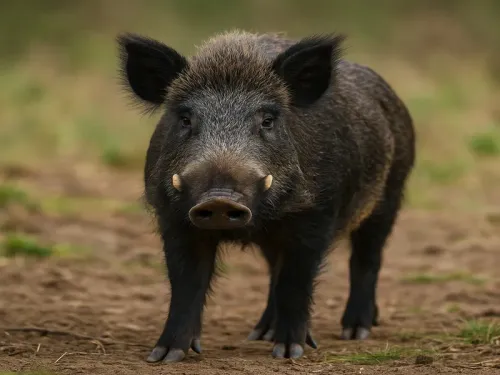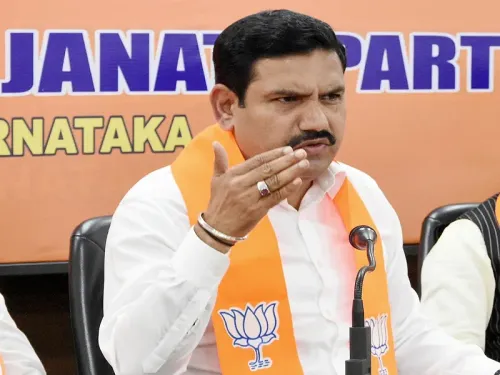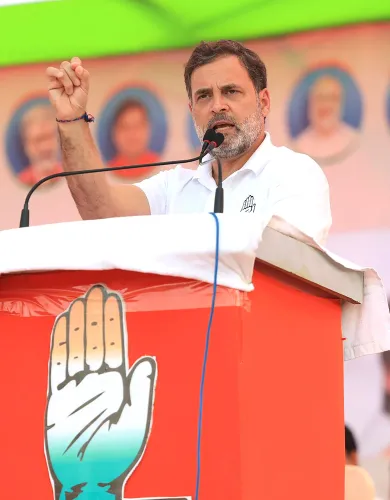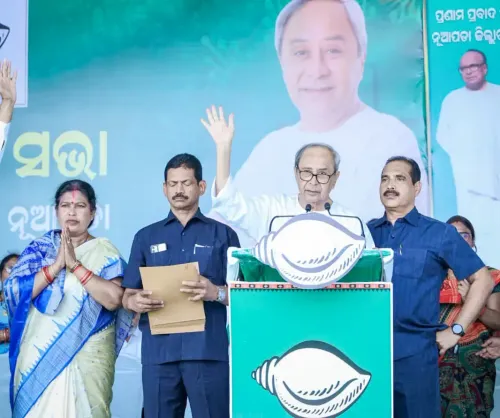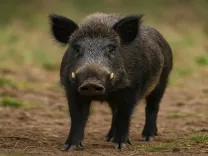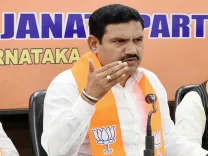Is the Caste Census a Game Changer for Assam's Indigenous Muslims?
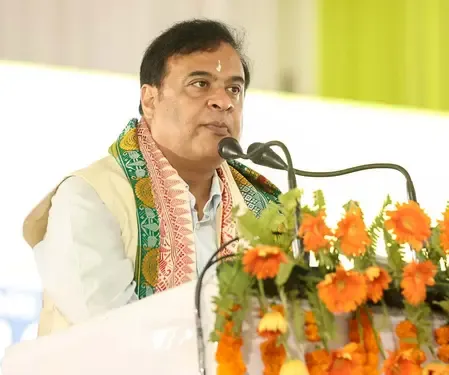
Synopsis
Key Takeaways
- Inclusion of caste data in the 2027 census marks a significant shift.
- Indigenous Muslim communities in Assam seek recognition of their distinct identities.
- The Assam government has begun preparations for a state-level caste census.
- Political traction for a nationwide caste census is growing.
- The decision is seen as a step towards greater inclusivity.
Guwahati, June 5 (NationPress) Assam Chief Minister Himanta Biswa Sarma expressed his approval of the Centre's announcement to incorporate caste enumeration in the upcoming 2027 national census, deeming it a much-needed initiative that will greatly benefit the indigenous Muslim communities of the state.
During a statement made at a World Environment Day event, Sarma remarked that this decision would empower these communities to affirm their unique socio-cultural identities, which have frequently been overshadowed by broader religious or migration classifications. He stated, “The anticipated caste-based census aims to realize the long-standing aspiration of indigenous Muslims for official acknowledgment of their distinct identity.”
The Centre confirmed on Wednesday that the 16th national census will collect caste data, following a decision made by the Cabinet Committee on Political Affairs (CCPA) on April 30. This represents a significant change in national policy, as caste data has not been documented since the British colonial censuses.
In Assam, groups such as the Goria, Moria, Deshi, Syed, and Jolha (Julha) Muslims from the Brahmaputra Valley, along with the Kiren and Maimal Muslims from the Barak Valley, have actively sought recognition as indigenous communities. While they share a common faith, these groups stress their unique ethnic, linguistic, and cultural identities, which set them apart from migrant-origin Muslim populations.
Recently, the Assam government commenced preparations for a state-level caste census aimed at documenting these communities. According to Sarma, their languages, traditions, and historical backgrounds are essential components of Assam’s rich civilizational heritage.
The call for a nationwide caste census has gained momentum in the political arena, with the Congress and other opposition parties prioritizing it as a crucial electoral issue. Several states, including Bihar, Karnataka, and Telangana, have already conducted their own caste surveys.
In a related note, Sarma also criticized Rahul Gandhi for his 'Surrender Modi' remark.
In a post on X, the Chief Minister stated, “Rahul Gandhi lacks the shame to mock the Hon’ble Prime Minister @narendramodi as ‘Surrender Modi’ despite the overwhelming success of #OperationSindoor. Let's remind him of which party and family have betrayed India's interests and territories, deceiving the people through their treachery.”

